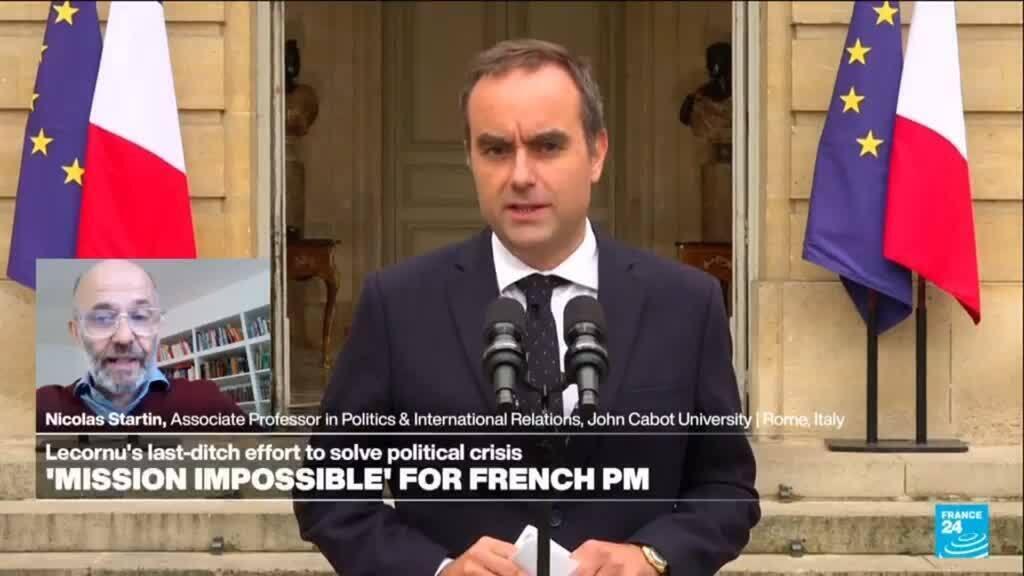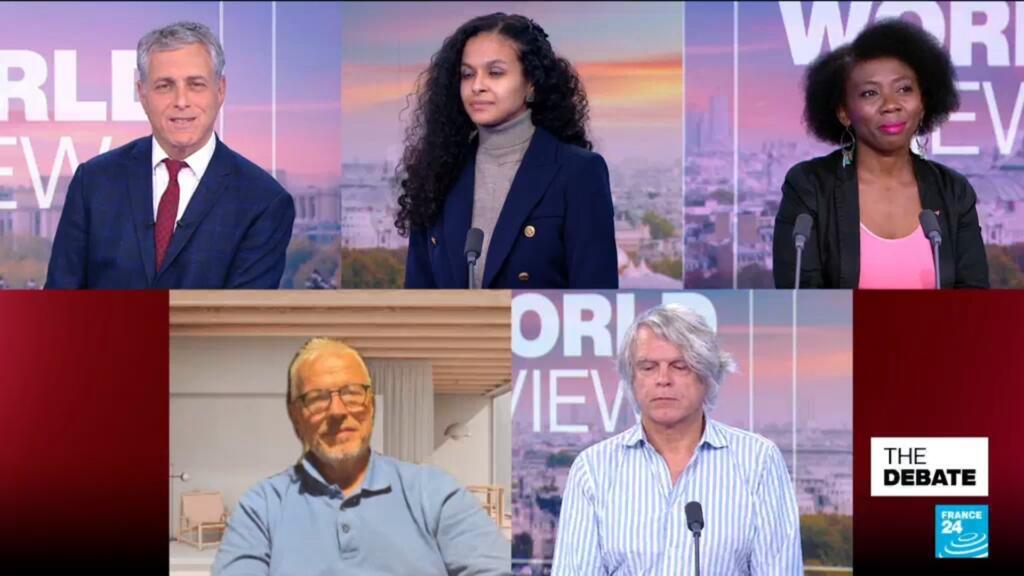Emmanuel Macron currently faces a significant existential crisis for the Fifth Republic in France. With the recent resignation of Prime Minister Sébastien Lecornu, who was unable to secure a working majority despite efforts to collaborate with traditional political figures, the French political landscape has become increasingly unstable. Lecornu is the seventh Prime Minister under Macron's presidency, and his failure highlights the challenges of navigating a fractured political environment.
In the context of the current parliamentary arithmetic, it appears nearly impossible to forge a viable coalition. This situation raises concerns about the potential for Macron to ally with either the left, which is traditionally at odds with his centrist policies, or to cater to the populist far-right, a choice that could exacerbate the existing divisions within the country. Since his re-election in 2022, Macron has demonstrated a strong inclination to lean toward a centrist and often center-right Prime Minister to bring about unity. Ironically, this approach has had the opposite effect, intensifying the polarization among the French populace.
The pressing question now is whether a moderate socialist could emerge as a unifying figure who could connect both the center-left and center-right factions. Such an alliance might offer a potential lifeline to the strong executive tradition that has characterized France’s semi-democratic Fifth Republic, which was known for its pragmatic governance. As the current political climate leaves France in uncharted waters, the search for a leader who can bridge these divides is more crucial than ever.
To further analyze this political crisis and explore potential solutions, Eve Irvine invites Dr. Nicholas Startin, an Associate Professor of International Relations at John Cabot University, to discuss the implications of these developments. Startin's insights as a political scientist could shed light on the intricate dynamics at play within the French political system, as well as the broader implications for governance and representation in an increasingly divided society.
The unfolding events in France suggest a critical juncture for Macron and his administration. The inability to form a stable government, compounded by rising tensions across the political spectrum, underscores the precarious nature of leadership in a time of crisis. As the Fifth Republic grapples with these issues, the potential for a moderate socialist to foster collaboration across party lines emerges as an intriguing possibility worth exploring.












